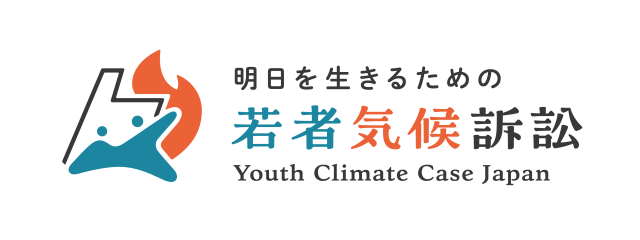WHY DOES THIS REQUIRE A LAWSUIT?
As the adverse effects of climate change such as the intensification of global warming and climate disasters occur more frequently around the world, the latest science (including the United Nations Intergovernmental Panel on Climate Change, or IPCC), estimates that children born in 2020 will be four to seven times more impacted by climate change than the generation born in 1950.
The IPCC also reported that there is a linear relationship between cumulative CO2 emissions and average temperature increase, and that stopping the increase in global average temperature to 1.5°C above pre-industrial levels is crucial. It also points out that in order to limit the temperature rise to 1.5°C, global CO2 emissions must be reduced by 48% by 2030 and 65% by 2035 compared to 2019 levels, and carbon neutrality achieved by 2050. Moreover, the IPCC emphasizes that measures taken in this decade will have impacts for thousands of years to come.
In response, the international community resolved to limit the global temperature increase to 1.5°C (COP 26 Glasgow Climate Accord) and confirmed its commitment to transition away from fossil fuels and to renewable energy (COP 28). Efforts by large-scale emitters, such as thermal power generation, are essential to realize this goal. However, there are concerns that, under the current circumstances, it will not be possible to limit emissions to 1.5°C, and that emissions could rise by as much as 3°C. Particularly, Japan is the only G7 country that has not indicated a year by which it will phase out coal-fired thermal power generation. On the contrary, in addition to being slow to introduce renewable energy, Japan supports hydrogen/ammonia co-firing and CCS in thermal power generation with public funds under the banner of “zero-emission thermal power” and passes the cost onto consumers through electricity prices.
In recent years, climate lawsuits have been filed against countries and companies around the world, with some plaintiffs emerging victorious. Everyone has the right to a healthy life in a stable climate, and climate lawsuits use the power of law to demand that governments and corporations take adequate measures to combat climate change.
Therefore, 16 youths in Japan asked the court to require the country’s ten major electric utilities (which account for about 30% of Japan’s CO2 emissions) to reduce their emissions to at least the levels indicated by the IPCC. Through this lawsuit, we also aim to spread widely throughout Japanese society the importance and urgency of climate change measures, as well as understanding and empathy.
Lawsuit filed
August 6, 2024
